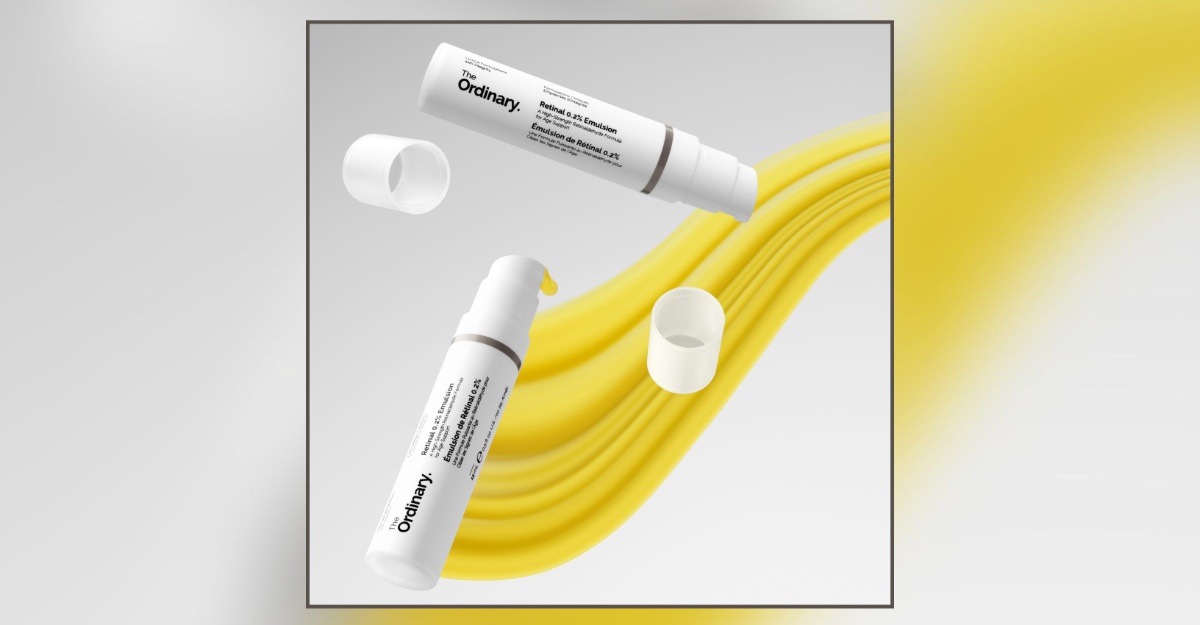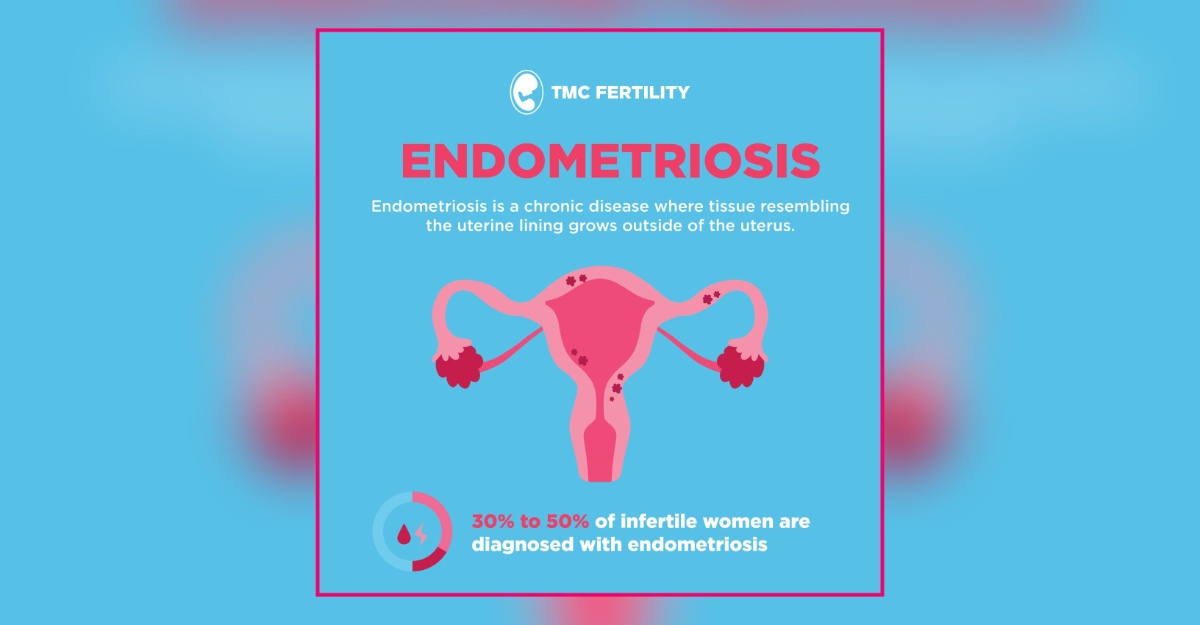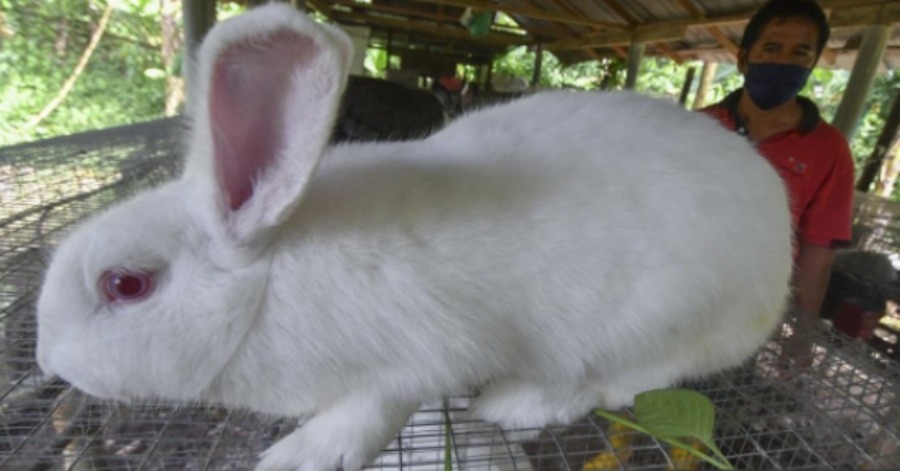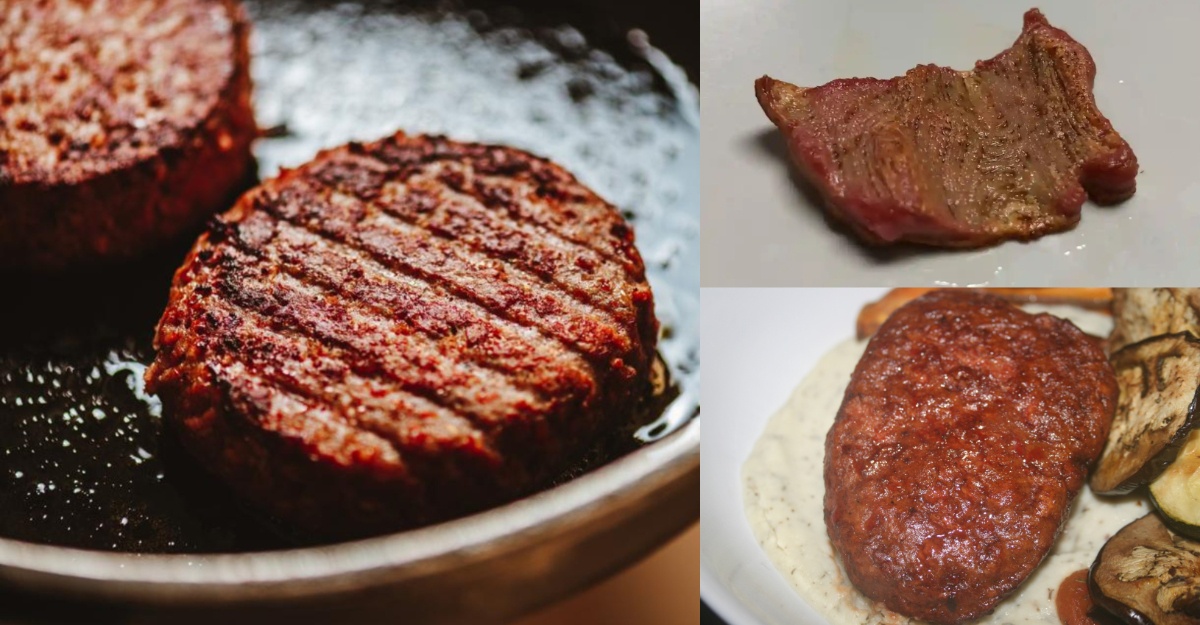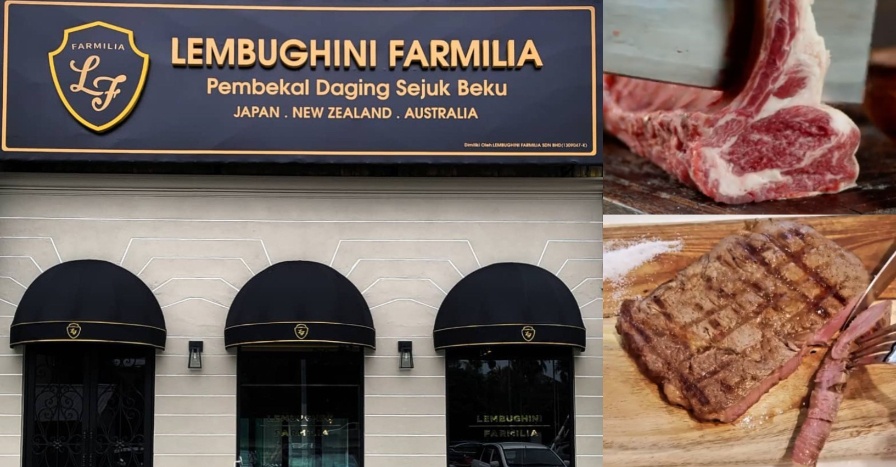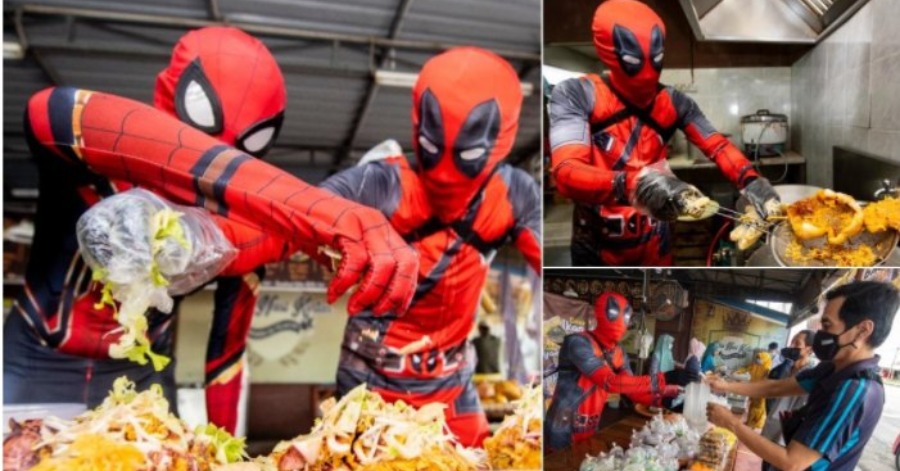KOTA BHARU, Sept 17 — The high demand for rabbit meat as satay, burgers and meatballs has seen a couple from Kampung Chengal, Ketereh, near here, struggling to prepare more than 500 kilogrammes (kg) (of meat) ordered by customers every month.
Mohd Saupi Hassan, 55, said that he and his wife, Noriha Ahmad, 49, only raised about nine rabbits two years ago. However, the number jumped to 500 currently as he has to meet the high demand received from satay makers in Johor and Kuala Lumpur.
“We supply customers with processed rabbit meat (slaughtered, cleaned and marinated). As the orders for satay, burgers, and meatballs increases, on average, I have to supply more than 500 kg of meat (roughly about 500 rabbits) a month.
“We sell processed rabbit meat at RM38 per kg. Bookings are received from satay makers as far away as Johor and Kuala Lumpur,” he told Bernama.
Touching on the farming methods, Mohd Saupi said that due to the increased demand for rabbit meat, they have always made sure the animals get the necessary nutrition to ensure the quality of the meat.
He said that he built the rabbit cages at the back of his house to facilitate the feeding and drinking process to be carried out on a scheduled basis.
“Food is most important in the effort to ‘fatten’ rabbits for the production of a lot of quality meat so that these rabbits weigh two to five kg each.
“We raise Chinchilla and New Zealand White rabbits, and they are sold from RM30 to RM150 each, depending on the categories and their ages,” he said.
Despite the hard work, Mohd Saupi said he was more enthusiastic about breeding rabbits now as the animals multiply quickly, which was four months to mature and reproduce.
He said that within a month, one single female rabbit (doe) can produce seven to eight babies per litter.
Mohd Saupi said most rabbit breeders such as himself were facing a problem that they had to spend a lot to feed the animals, and to solve this he decided to diversify the food prepared for the animals, including giving them grass, to save costs.
“We don’t feed them with 100 per cent pellet food, but giving these rabbits more organic plants such as banana leaves, ulam raja, sireh cina and belalai gajah that I can collect around my house.
“Pellets are usually given once a day at 12 pm, while in the morning, I feed the rabbits with grass and organic plants and I also made special containers for them to drink from,” he said.
Sources: BERNAMA












